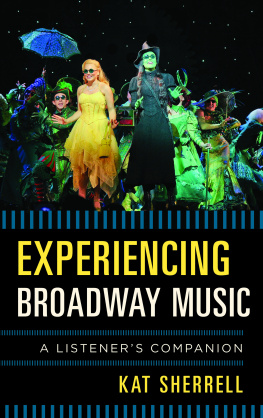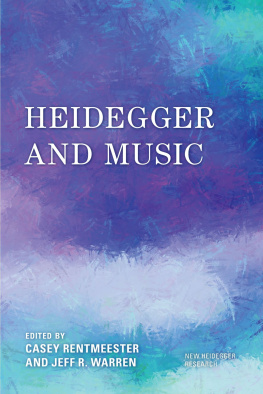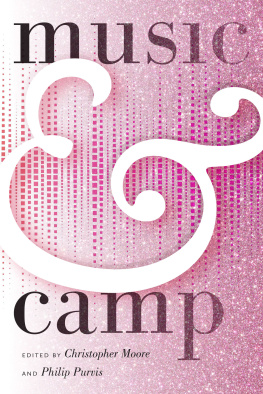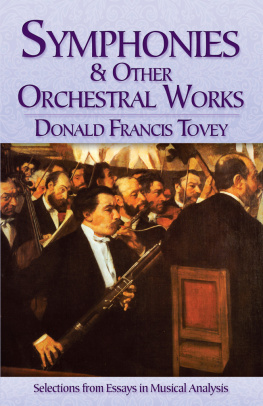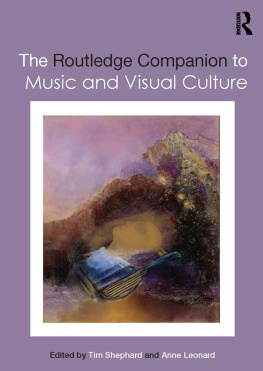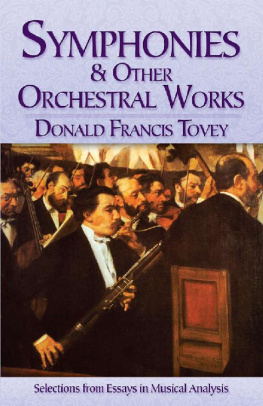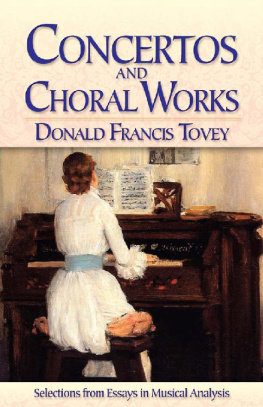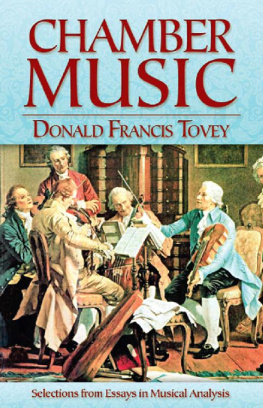Music and History
MUSIC
AND
HISTORY
Bridging the Disciplines
Edited by Jeffrey H. Jackson and Stanley C. Pelkey

www.upress.state.ms.us
The University Press of Mississippi is a member of the Association of
American University Presses.
Copyright 2005 by University Press of Mississippi
All rights reserved
Manufactured in the United States of America
First edition 2005

Library of Congress Cataloging-in-Publication Data
Music and history : bridging the disciplines / edited by Jeffrey H. Jackson
and Stanley C. Pelkey.1st ed.
p. cm.
Includes bibliographical references (p. ) and index.
ISBN 1-57806-762-6 (cloth : alk. paper)
1. MusicSocial aspects. 2. MusicHistory and criticism. I. Jackson,
Jeffrey H., 1971II. Pelkey, Stanley C.
ML3916.M86 2005
780.0306dc22 2004021647
British Library Cataloging-in-Publication Data available
Contents
JEFFREY H. JACKSON AND STANLEY C. PELKEY
LAWRENCE W. LEVINE
But a MusicianThe Importance of the Underdog in
Musico-Historical Research
Music Professionalism in a Small Sixteenth-Century Oxford College
HELEN MARSH JEFFRIES
Angels and Furies
Women and Popular Song during the French Revolution
LAURA MASON
Music, Memory, and the People in Selected British Periodicals of the Late
Eighteenth and Early Nineteenth Centuries
STANLEY C. PELKEY
Music by the Celebrated Mozart
A Philadelphia Publishing Tradition, 17941861
DOROTHY POTTER
Republican Jazz?
Symbolism, Arts Policy, and the New Right
BURTON W. PERETTI
George W. Chadwicks
The Padrone and Frederick S. Converses The Immigrants
CHARLES FREEMAN
Fictions of Alien Identities
Cultural Cross-Dressing in Nineteenth
and Early Twentieth-Century Opera
SANDRA LYNE
Judge Harsh Blues
Lynching, Law, and Order in the New South
MICHAEL A. ANTONUCCI
Henry Purcell and The Universal Journal
The Building of Musical Canon in the 1720s
WILLIAM WEBER AND DONALD BURROWS
Hearing History
Dixie, Battle Hymn of the Republic, and Civil War Music
in the History Classroom
JAMES A. DAVIS
The Multitrack Model
Cultural History and the Interdisciplinary Study of Popular Music
MICHAEL J. KRAMER
JEFFREY H. JACKSON AND STANLEY C. PELKEY
Introduction
JEFFREY H. JACKSON AND STANLEY C. PELKEY
This book begins with a simple question: Why havent historians and musicologists been talking to one another? Such a query will hopefully provoke some thought among both sets of scholars, especially when each group begins to realize that there are many important similarities between their two disciplines. Historians, for example, frequently look to all aspects of human activity, including music, in order to better understand the past. Musicologists inquire into the social, cultural, and historical contexts of musical works and musical practices to develop theories about the meanings of compositions and the significance of musical behavior. In other words, both disciplines examine the many changes in how people represent their experiences. So why has it been so hard for us to converse?
The simplest answer is that the study of music in its historical context has been plagued by significant obstacles. From the historians point of view, the serious examination of music has traditionally required a particular body of knowledgethe ability to read and to perform musicthat many historians simply do not have (or do not have the time to acquire). Worrying that they lack sufficient musical knowledge or training, historians frequently leave music alone and choose to examine other subjects. This emphasis on the musicality of music has also been difficult for musicologists to overcome. Generations of musicologists were most interested in formalistic descriptions of how music evolved from one style to the next. Remaining fixed within a discussion of music for musics sake, musicologists (although allowing historical events to shape some of their interpretations of music) have not always actively engaged in larger historical debates by using the music or the musical cultures that they study as evidence for trends in the world of which that music is a part. In other words, they have been content to talk about music at the expense of letting their knowledge inform the broader understanding of human experiences. This may be due, in part, to the fact that musicologists are not only historians of music. They are also often editors, theorists, and performers who engage with musical works as living aesthetic objects, not simply as historical documents. Furthermore, elevating the works of the Western classical traditions to canonical statusby definition, aesthetic objects that have transcended, or are believed to be independent of, their socio-cultural contextsmeans that musicologists have often been less interested in music history-as-history than in music history-as-canon formation.
Differences in approach are, of course, also the result of particular educational traditions, methodological requirements, and specialized knowledge. But perhaps more than anything else, historians and musicologists have simply been asking different questions about the human experience. In the case of historians, for instance, many generations of scholars devoted themselves to the study of politics, diplomacy, and wartopics far removed from the concerns of students of music. Few academic historians in the first half of the twentieth century would have chosen to write a book about music because it was simply not accepted within the field. Only in the 1950s and 1960s did the insights of sociologists begin to re-orient historical inquiry away from elites. Social historians worked to include the stories of many forgotten historical actors: workers, peasants, women, slaves, and others traditionally left out of standard narratives of the past. In order to recover as much as possible of the lives of these underrepresented groups, some innovative scholars began to discuss music. Two of the best examples involve reconstructions of the lives of American slaves. Eugene Genoveses classic Roll Jordon Roll: The World the Slaves Made weaves many discussions of African-American musical practice (courtship, funeral, and work songs, for instance) into his larger analysis to provide a more textured and nuanced understanding of life under slavery in the United States. Lawrence Levines Black Culture and Black Consciousness: Afro-American Folk Thought from Slavery to Freedom makes music an integral part of African-American history in the United States by showing how music helped to create and sustain a distinctive culture for black Americans.1Levines work has been particularly important both because it has served as an inspiration to later scholars and because Levine himself has trained a number of historians who study music. We have included an essay by one of Levines influential students, Burton Peretti, in this collection.
Despite these important examples, most social historians still did not consider music because it remained outside their particular sphere of interest even when music might help to recover the lives of those lost to more traditional forms of history. In the end, social historians have usually been much more concerned with explaining larger social structures, such as changes in class status or the emergence of class consciousness. Influenced by Marxist economic and social theory and by the Annales School of French historians who examined the long-term geographic, economic, and social structures that they believed directed the course of human life, music was simply not brought fully in view.
Next page

